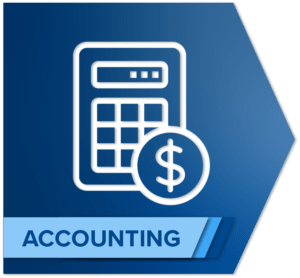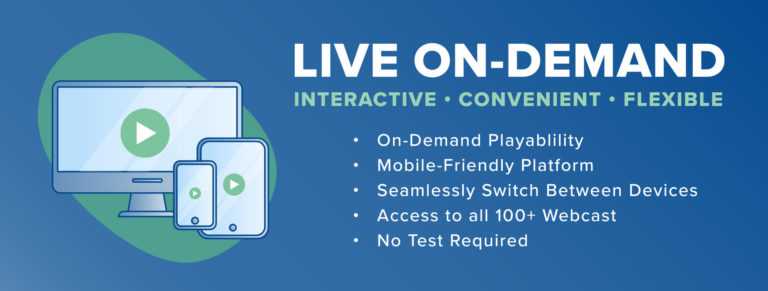
Article at a Glance:
- FASBA issues new accounting standard for Not-for-Profit entities that addresses contributions
- There was no specific guidance tied to contributions of non-financial assets before FASBA issued the new standard
- Update requires that non-financial asset contributions be listed as a separate line item in the statement of operations
- The new requirements will be effective for annual fiscal periods beginning after June 15, 2021
- The complete update details can be found at the FASB website in “Accounting Standards Update 2020-07”
In case you haven’t heard, the FASB issued a new accounting standard for Not-for-Profit entities that addresses the accounting for the receipt of contributions of non-financial assets. Until recently, there has been no specific guidance for the contribution of non-financial assets other than contributed services.
Non-Financial Asset Requirements
Non-financial assets include land, buildings, equipment, materials, supplies, intangible assets, services, or the use of assets or utilities.
This update requires that the non-financial asset contributions be presented as a separate line item in the statement of operations and not included with contributions of cash and other financial assets. Also, there are multiple new disclosures required concerning those contributions. Among the new disclosures is the requirement to indicate the valuation techniques and inputs used to determine the fair value of the contribution and the principle market used to arrive at that value.
As with all contributions, the entity will need to separate the non-financial contributions between those with donor-imposed restrictions and those without.
These new requirements will be effective for annual fiscal periods beginning after June 15, 2021, and for interim periods beginning after June 15, 2022. Early adoption is allowed.
FASB Standards
The complete details of this update can be found at the FASB website in “Accounting Standards Update 2020-07.” In addition, I will be highlighting these new requirements in the latest revision of my NPF webcast coming soon.
I hope to see you at a seminar sometime in the near future.
Stay healthy,
Jeff Sailor
P.S. Here’s my new course preview, Step By Step: Accounting For Income Taxes
Recent Stories




Senate Finance Committee Revisions to OBBBA


California Corner: FTB Experiencing Technical Issues
Next Up...
- |
- TaxByte
- |
- TaxByte


